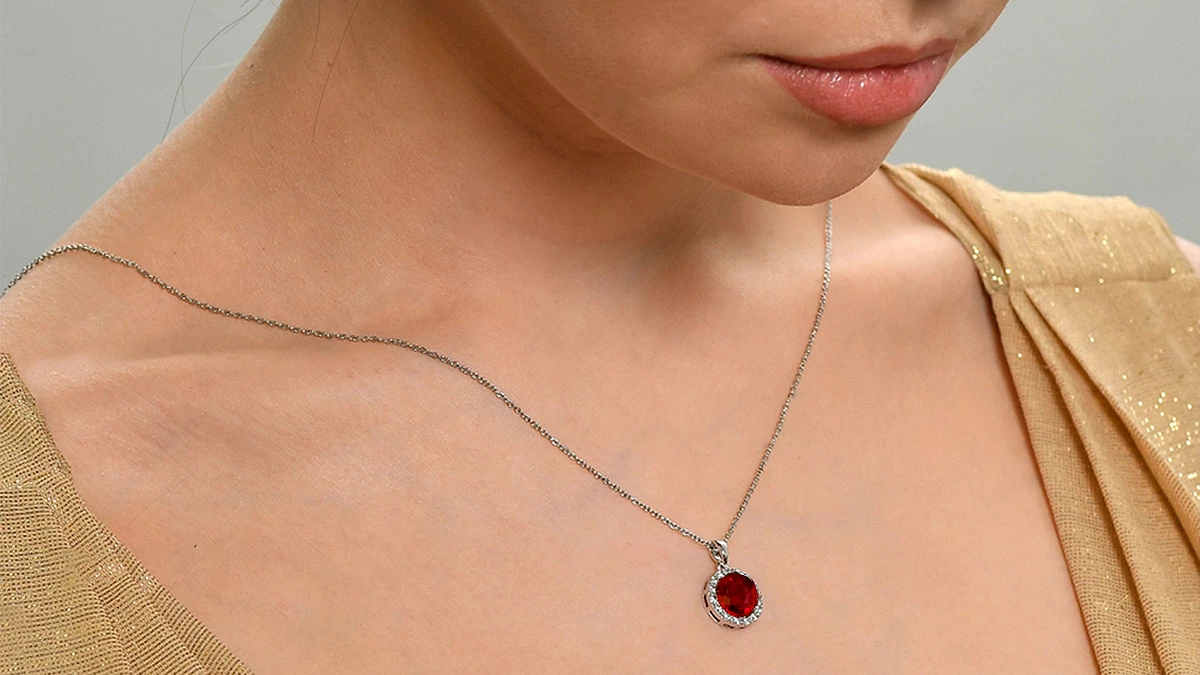R-0 may be the most important scientific term you’ve never heard of when it comes to stopping the coronavirus pandemic.
USA TODAY
The claim: Individuals who meet certain health criteria — such as a low body fat percentage or a healthy diet and regular exercise — are not at risk for COVID-19
Multiple posts on Facebook asserting that various traits eliminate the risk of COVID-19 have gone viral.
The first post, on the page Bodybuilders Against Tipping, claims that COVID-19 “doesn’t affect anyone under 10% body fat.”
“The virus is only killing off obese people who never lifted weights or worked out a day in their lives,” the post said.
The second post, on the page Psychedelic Adventure, lists a number of lifestyle choices that it claims are protective against risk of the coronavirus.
“Not sure who needs to hear this, but you have an immune system and if you managed your weight, avoided processed foods, didn’t drink alcohol, exercise regularly, get proper sleep, get sunlight, consume no sugar and actually give a damn about your health then your immune system and body will do its job and you won’t have to be afraid of a virus or any disease,” the post said. “It’s a crazy concept called being healthy.”
Both posts also justified not wearing masks based on their claims. (Face masks are a safe, effective method to limit the spread of the coronavirus, per multiple previous fact checks from USA TODAY.)
Asked for substantiation by USA TODAY, Psychedelic Adventure wrote, “It’s called a strong immune system. Thanks,” followed by a heart emoji. Bodybuilders Against Tipping also declined to provide substantiation for its post.
Fact check: What’s true and what’s false about face masks?
“Being normal weight does not protect you”
Healthy individuals can be afflicted with COVID-19, according to multiple doctors and medical researchers who have studied the coronavirus.
“Nobody’s immune to COVID, unless they’ve had it already,” Dr. Leora Horwitz, director of the Center for Healthcare Innovation and Delivery Science at NYU Langone, told USA TODAY. “It doesn’t matter how healthy you are, how young you are, how few diseases you have, how many marathons you’ve run – nobody’s immune.”
“If there was no risk in people who have normal weight, we would know that by now,” Naveed Sattar, a professor of metabolic medicine at the University of Glasgow in Scotland, told USA TODAY. “That’s not the case.”
“From all of the evidence so far, it does seem that being healthier will reduce your risks of severe outcomes, perhaps considerably. But some folk who appear very healthy can get severe COVID or die from it. Being normal weight does not protect you.”
In this March 10, 2020, file photo, Darren Chen lifts weights at Life Time Athletic gym in Boca Raton, Fla. (Photo: Brynn Anderson, AP)
There have been multiple reported instances in which fit individuals contracted coronavirus, and, in some cases, nearly died.
- Charlie Aragon – a 35-year-old bodybuilder from Arizona with no underlying health conditions, who kept up a high protein, low carb diet – had to be hospitalized for COVID-19 for 20 days. He spent two weeks on a ventilator.
- Lequawn James – a 29-year-old nurse practitioner and bodybuilder – spent 10 days in the intensive care unit fighting COVID-19. At times, he couldn’t walk even 4 feet without oxygen.
- Mike Shultz – a 43-year-old nurse who spent six to seven days a week in the gym before the virus hit – spent six weeks in the hospital fighting COVID-19, four and a half of them intubated.
- Joshua Fiske – a 47-year-old urologist and marathoner who ran 16-20 miles a week – nearly died of COVID-19, too. His fever lingered around 104 degrees for days, and it hurt to talk or move.
“You can’t be sure if you’re going to be one of those people who just happen to get very sick from this,” Horwitz said.
Relationship between weight, lifestyle, and COVID-19
Although there appears to be no trait that protects individuals from contracting COVID-19, the severity of the virus, if contracted, may differ based on weight and lifestyle.
The Centers for Disease Control and Prevention advises that individuals who are obese — defined as having a body mass index of 30 or higher — “are at increased risk of severe illness from COVID-19.”
Nearly 40% of American adults are obese.
More: Heart damage found in coronavirus patients months after recovering from COVID-19, study says
Other conditions on the list for increased risk are Type 2 diabetes and coronary artery disease, while the list of conditions that “might” put individuals at increased risk includes high blood pressure and smoking.
More: Diabetes highlights two Americas: One where COVID is easily beaten, the other where it’s often devastating
Dr. Jennifer Lighter, an epidemiologist at NYU Langone Health, told USA TODAY that a high BMI is one of “many factors in which some individuals are more susceptible to a more moderate to severe course when infected with SARS-CoV-2.”
“That is not to say that thin people are protected from COVID, but that they are more likely than a morbidly obese person to have a benign course if infected,” Lighter wrote in an email.
A study at NYU Langone that Lighter co-authored in April found that among coronavirus patients under 60, those with a BMI of 30-34 were up to twice as likely to be admitted to acute care and 1.8 times as likely to be admitted to critical care. The rates were even higher for patients with a BMI of 35 or higher.
Another study from NYU Langone that Horwitz co-authored in May found that heart failure, a BMI of 40 or higher, and male sex were “the strongest risks for critical illness besides age” in coronavirus patients.
More: US hits 150,000 deaths from COVID-19, states seek to slow resurgence
There are numerous reasons that excess weight increases the risk of serious illness from the coronavirus.
“The organs that it pushes are the same ones — such as the heart, the kidneys, the liver — that are also impacted by obesity,” Sattar said. “Your capacity for your organs and for your body to really meet the challenge of the exaggerated immune response are diminished if you start the infection being overweight or obese.”
Some treatment techniques that work on normal-weight individuals — like placing patients on their stomachs to allow them to use the less-damaged part of their lungs — are also more difficult to perform on overweight and obese patients.
“Literally, if they are large enough, you lose some of the tools in your toolbox,” Dr. Jeanette Brown, pulmonologist at University of Utah Health, told USA TODAY in May.

Two Arizona doctors are warning that a “massive surge” in COVID-19 patients threatens to overwhelm hospitals in their state and many others. (Photo: Getty)
Lower-risk individuals can transmit the virus, too
Individuals who are lower risk for COVID-19 — such as young people who exercise regularly and eat a healthy diet — can still be carriers of the virus, and transmit it to other members of the community.
Fact check: Expanded COVID-19 testing shows more cases, doesn’t cause high positivity rate
Both Horwitz and Sattar said it is “selfish” for individuals who are lower-risk to disregard precautions like wearing masks and social distancing, as both posts suggest.
“Even if I could give you a crystal ball and say, ‘You could get COVID and you would be fine,’ that’s still not a reason to not worry about getting it or to make no effort to avoid it and that’s because we know that people spread it,” Horwitz said. “If you get the disease and you are a healthy person and you do fine, and you’re a little bit sick and you recover, that doesn’t mean there’s been no harm. It could easily be that you then spread that disease to others.
“We owe it to our community to do what we can to reduce the burden of disease for everybody, not just for us individually ourselves.”
Our rating: False
Based on our research, the claim that individuals who meet certain health criteria — such as maintaining under 10% body fat, exercising regularly and eating a healthy diet — are not at risk for COVID-19 is FALSE. Medical experts say that no one is immune from coronavirus, based on current research and numerous instances of healthy individuals who have contracted and nearly died from the disease. Lower risk individuals can also spread it to others who may be more at-risk.
Our fact-check sources:
- USA TODAY, “Fact check: What’s true and what’s false about face masks?”
- Interview with Dr. Leora Horwitz, Director of the Center for Healthcare Innovation and Delivery Science at NYU Langone Health
- Interview with Naveed Sattar, Professor of Metabolic Medicine at the University of Glasgow
- Arizona Republic, “‘Profound weakness’: 35-year-old bodybuilder sick with COVID-19 talks about near-death experience”
- CNN, “29-year-old nurse and bodybuilder was in ICU for 10 days with coronavirus“
- WUSA9, “Nurse’s before-and-after COVID-19 photos show effects of weeks on ventilator“
- Stat News, “He ran marathons and was fit. So why did Covid-19 almost kill him?“
- Centers for Disease Control and Prevention, “COVID-19: People with Certain Medical Conditions“
- Centers for Disease Control and Prevention, “Obesity and Overweight“
- Emailed Statement from Dr. Jennifer Lighter, Epidemiologist at NYU Langone Health and Associate Professor of Pediatric Infectious Diseases at NYU School of Medicine
- Study from NYU Langone in April, “Obesity in patients younger than 60 years is a risk factor for Covid-19 hospital admission“
- Study from NYU Langone in May, “Factors associated with hospital admission and critical illness among 5279 people with coronavirus disease 2019 in New York City: prospective cohort study“
- USA TODAY, “As obesity’s link to COVID-19 grows, one family that lost 24-year-old daughter diets together”
Thank you for supporting our journalism. You can subscribe to our print edition, ad-free app or electronic newspaper replica here.
Our fact check work is supported in part by a grant from Facebook.
Read or Share this story: https://www.usatoday.com/story/news/factcheck/2020/07/30/fact-check-low-body-fat-healthy-lifestyle-do-not-prevent-covid-19/5516078002/







